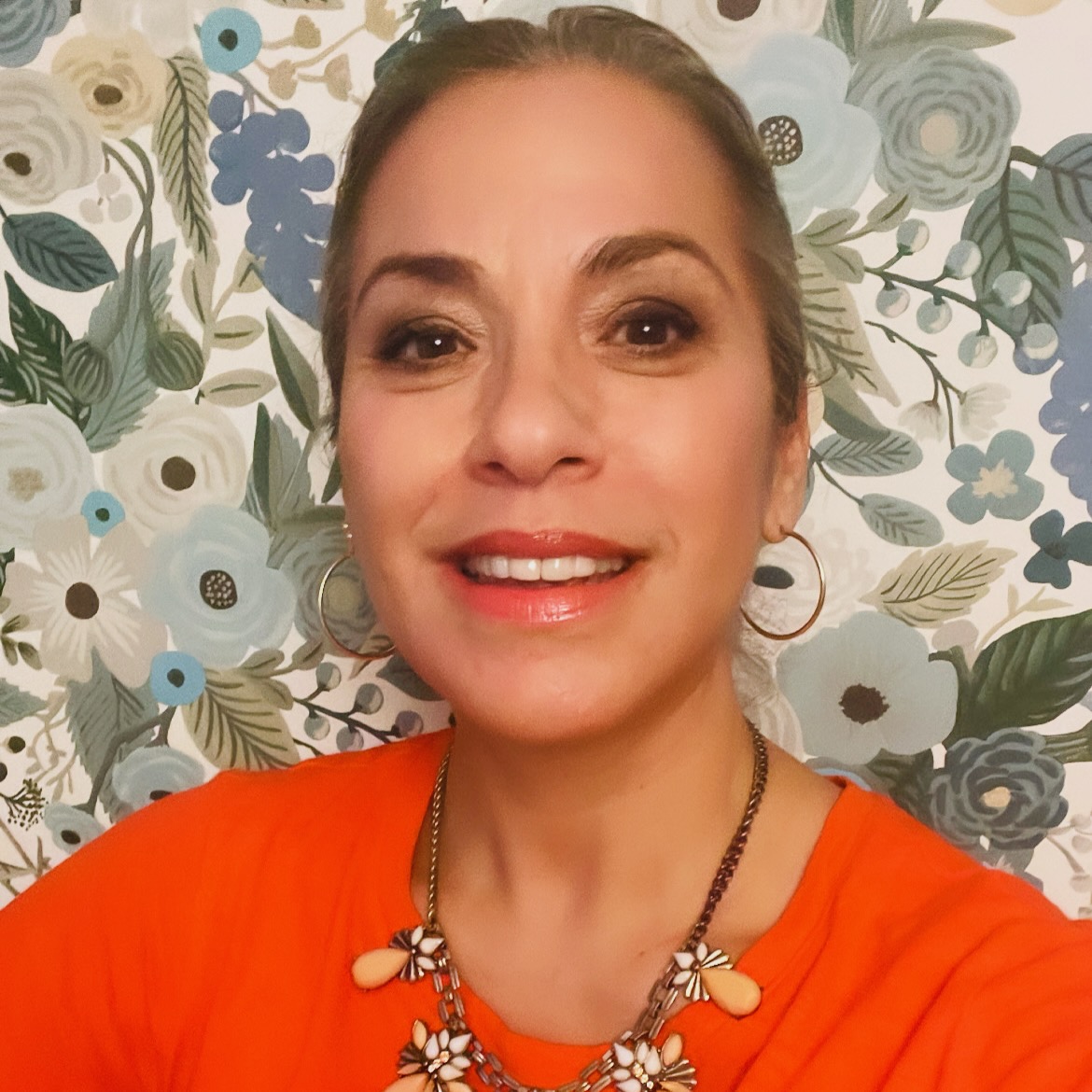Today was the conclusion of PEN World Voices (The New York Festival of International Literature) and I was fortunate to have attended two supremely fantastic events that, I realized afterward, were somewhat related in theme. I also realized that I had spent a good many hours this week with a whole lot of smartypants, which can sometimes go either way, but, thankfully, turned out to be a very grand thing.
On Wednesday evening, Marc and I joined about 1,500 other bibliophiles at “Town Hall Readings: Writing Home” where we listened to poems and prose by Steve Martin, Pia Tafdrup, Don DeLillo, Tatyana Tolstaya, Saadi Youssef, Kiran Desai, Alain Mabanckou, Neil Gaiman, Nadine Gordimer, and Salman Rushdie.
Steve Martin read an excerpt from his soon-to-be-published memoir entitled Born Standing Up: A Comic’s Life where he mused about his first routines in a San Francisco night club and experiences of the broken ties of home versus his new beginnings in show biz. Danish poet Pia Tafdrup read writings about her mother and grandfather with such beautifully depictive imagery, such as comparing the letters of the alphabet to the animals of the ocean. Don DeLillo read a harrowing excerpt from his new novel Falling Man which comes out in May and tracks the aftermath of the September eleventh tragedy. Tatyana Tolstaya recited a chapter from The Slynx, her dystopian debut novel about Moscow two hundred years after a nuclear explosion. Iraqi poet Saadi Youssef, the self-described “Lonely Warrior,” delivered a poetic text about being a child of impoverished villagers destined to be a writer and cross-country traveler. Kiran Desai read a humorous passage about an Indian man who delivers food for a Chinese restaurant in New York City. Alain Mabanckou, born in Congo-Brazzaville, recited a heart-wrenching ode to his mother which moved the audience to tears. Neil Gaiman spun a hysterical yarn called “Instructions” in which he described what to do if one ever found him/herself stuck in a fairy tale (you can find Neil’s recount of his reading here). Nadine Gordimer read “The Ultimate Safari,” her short story about a young girl who flees Mozambique with her family and walks through the Kruger Park to a supposedly better life in South Africa. Lastly, Salman Rushdie delivered a brilliantly humorous, yet haunting, tale about the fantasy of “home” versus “away” stating that “when you dare to let go, you really live.”
As a wonderful juxtaposition to the writings of home, today I attended a panel discussion called “Voyage and Voyeur: Travel and Travel Writing” which included Alain de Botton, Ma Jian, and Ilija Trojanow and was moderated by Paul Holdengräber, the delightfully witty Director of Public Programs at the New York Public Library.
Initially, the conversation started with the question of why people are interested in travel and ultimately became a deep discussion about superficial and spiritual departures from the boring, everyday life. Ultimately, the three writers on the panel agreed they did not want to be referred to as “travel writers,” because all writing, in essence and according to them, was, in fact, a form of travel writing and that they didn’t want readers to be confused with writers of travel guides when they consider themselves outsiders narrating their experiences and describing what they have felt in their “foreign” worlds and not merely what they have seen with their eyes.
Because I am such a lover of travel and transporting myself, in mind and body, to other places regardless of how near or far, this was truly one of the best and most inspiring events I have ever attended. If, like these “travel writers” and me, one longs to sustain the provocative element of the journey, what, then, is considered “home”? Is there such a thing as loneliness and boredom to the traveler who is willing to be transformed? Could there ever really be disappointment in experiencing someplace new if there is no anticipation as to what is but rather of what one has allowed to let go once in a new place? Travel takes normalcy and turns it into a challenge where the “trauma” lies in returning to the so-called normal life. That said, I believe it quite possible for the native to feel and act like a tourist in his or her own everyday surroundings by relinquishing any imperialistic notions and living authentically in the moment and not “infecting” it with the beliefs and thoughts that already exist within oneself. In this way, there is a pure experience even if it may seem, at times, that we are a little more exposed in doing so.



0 Comments